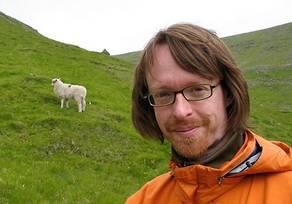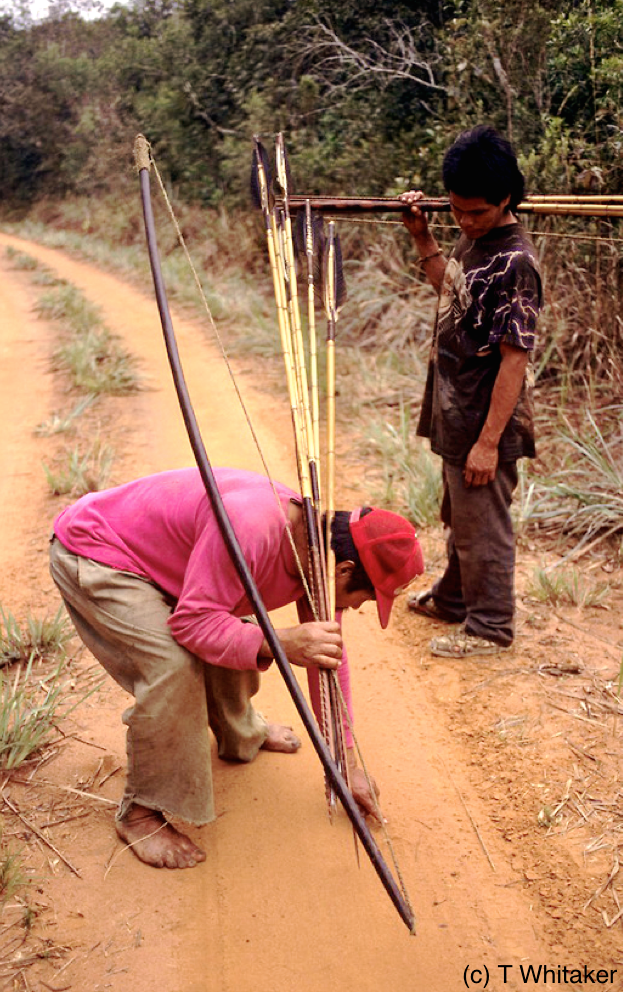A Life-History of Foraging in 39 Human Societies
Lecture by Richard McElreath, Max Planck Institute for Evolutionary Anthropology
Info about event
Time
Location
Nobel Auditorium, Building 1482-105
Organizer


Abstract:
Unlike other primates, humans specialize in skill intensive subsistence requiring decades to learn and generations to invent. To understand human evolution, we must integrate the cultural evolution of subsistence skills with the genetic evolution of slow human life history. I'll present work analyzing the life course of foraging skills, leveraging thousands of foraging records from hundreds of human foragers in 39 societies. This project has both anthropological and statistical aspects. On the anthropological side, the results show substantial variation in the pace of skill gain across societies, with the earliest peak productivity in the mid-20s and the latest in the late-30s. In most societies, people remain productive into very old age. I'll comment on the importance of these results for understanding human life history evolution. On the statistical side, these data exhibit many statistical maladies, including imbalance and missing values. Hamiltonian Monte Carlo makes it possible to fit high-dimension (10s of thousands of parameters) Bayesian life history models that respect variation both within and between societies, while also imputing missing values.
Short bio:
I am an evolutionary ecologist who studies humans. My main interest is in how the evolution of fancy social learning in humans accounts for the unusual nature of human adaptation and extraordinary scale and variety of human societies. Humans are more widespread and successful than any other vertebrate. Simultaneously, humans are unlike any other animal in that we cooperate in very large groups of unrelated individuals. I and my colleagues use formal evolutionary models, experiments and ethnographic fieldwork to address these puzzles
Contact:
Richard McElreath, Max Planck Institute for Evolutionary Anthropology
Director of the Department of Human Behavior, Ecology, and Culture at Max Planck Institute for Evolutionary Anthropology
Professor at the Department of Anthropology, University of California, Davis
